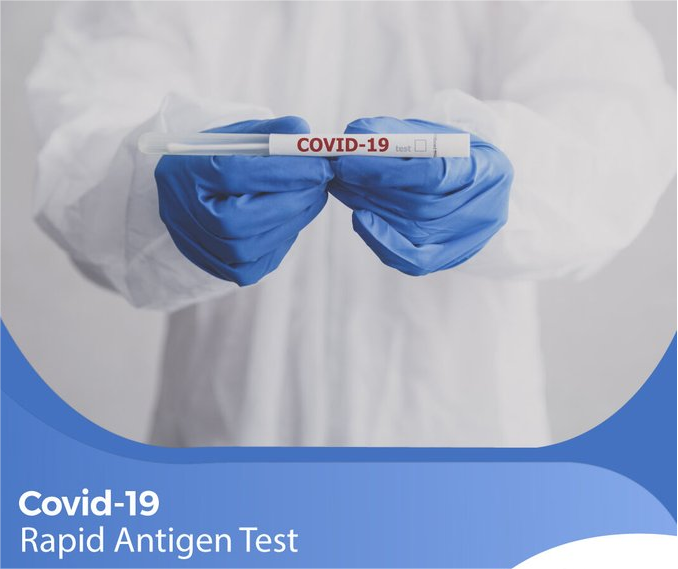Since the beginning of the pandemic, diagnostic testing has played a vital role in controlling the spread of SARS-CoV-2, the virus that causes COVID-19. Rapid antigen tests performed at home or in a clinical setting provide results in 15 minutes or less. The earlier a person is diagnosed, the sooner they can seek medical attention and isolate themselves from others. But when new variants of the virus appear, those variants may not be detected by these tests.
Most rapid antigen tests are designed to detect the SARS-CoV-2 nucleocapsid protein or N-protein. This protein is found in abundance in viral particles and infected people. Rapid test kits usually contain two different diagnostic antibodies that bind to different parts of the N protein. When an antibody binds to the N protein in a sample, a colored line or other signal appears on the test kit, indicating an infection.
Protein N consists of 419 amino acid structural units. Any of them can be replaced by another amino acid by mutation. Research group led by Ph.D. Philip Frank and Eric Ortlund of Emory University set out to investigate how this single amino acid change affects the performance of a rapid antigen test. They used a technique called deep mutation scanning to simultaneously assess how each mutation in the N protein of the virus affects binding to a diagnostic antibody. Their results were published in Cell on September 15, 2022.
The researchers created a comprehensive library of nearly 8,000 N protein mutations. These variants account for more than 99.5% of all possible mutations. They then evaluated how each variant interacted with 17 different diagnostic antibodies used in 11 commercially available rapid antigen tests, including common home kits.
The team assessed which N-protein mutations affect antibody recognition. Based on this information, they created an “escape mutation profile” for each diagnostic antibody. This profile identifies specific mutations in the N protein that may affect the ability of the antibody to bind to its target. The analysis showed that the antibodies used in today’s rapid tests recognize and bind all past and present variants of SARS-CoV-2 of concern and concern.
Although several diagnostic antibodies recognize the same region of the N protein, the researchers found that each antibody has a unique signature of escape mutations. As the SARS-CoV-2 virus continues to mutate and generate new variants, this data can be used to flag test kit antibodies that may need to be reassessed.
“Accurate and efficient identification of infected individuals remains a critical strategy for COVID-19 mitigation, and our study provides information on future SARS-CoV-2 mutations that could interfere with detection,” Ortlund said. “The results outlined here allow us to rapidly adapt to this virus as new variants continue to emerge, presenting immediate clinical and public health implications.”
Background: Mutation Deep Scan detects escape mutations in the SARS-CoV-2 nucleocapsid using currently available rapid antigen tests. Frank F., Kin M.M., Rao A., Bassit L., Liu H, Bowers H.B., Patel A.B., Kato M.L., Sullivan J.A., Greenleaf M., Piantadosi A., Lam V.A., Hudson V.H., Ortlund E.A. cell. 2022 September 15;185(19):3603-3616.e13. Ministry of the Interior: 10.1016/j.cell.2022.08.010. August 29, 2022 PMID: 36084631.
Funding: National Institute for Biomedical Imaging and Bioengineering NIH (NIBIB), National Institute of Diabetes, Digestive and Kidney Diseases (NIDDK) and National Institute of Allergy and Infectious Diseases (NIAID), American Heart Association.
NIH Research Matters is a weekly update of key NIH research findings reviewed by NIH experts. It is published by the Communications and Public Affairs Office of the Director of the National Institutes of Health.

Post time: Apr-21-2023

